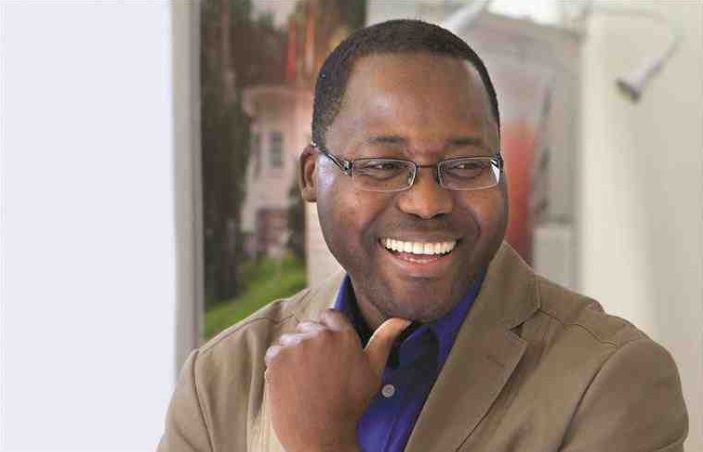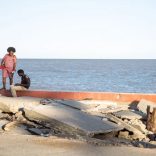Mozambique: UN calls for 'adequate funding' for women's initiatives
Hidden debts: “Do you really think that the IMF and the World Bank didn’t know?” – researcher

Picture: Lusa
Investigative journalist Elísio Macamo said on Monday that the suspension of international aid to Mozambique following the hidden debt scandal was “a disastrous decision”, and that the IMF should instead have strengthened its presence.
“Donors are in Mozambique for the long term. They are investing on the structuring and strengthening of the economic system; they cannot withdraw as soon as there is a problem,” Elísio Macamo said in a statement to Lusa and RTP on the sidelines of a conference on administration taking place at ISCTE in Lisbon this week.
“Suspending support for Mozambique was a disastrous decision by the international community, because it revealed that this community has no commitment to Mozambique’s development. When they suspended support, how did they think the community, the poor who they say they want to help, would survive?” he asked, pointing to the example of the international community’s role in the time of racial segregation in South Africa.
“In the 1970s and 1980s, donors didn’t refuse to impose sanctions on South Africa on the grounds of not affecting the poor, so how do they do this now?” the professor of Sociology and Head of the Social Sciences Department at the University of Basel asked.
In April 2016, it was reported that two Mozambican state-owned companies had borrowed about US$1.4 billion (EUR 1.2 billion euros) outside of the official accounts, but backed by the state guarantees by then-finance minister Manuel Chan, who has recently been detained in South Africa and whose fate is in the hands of the US and Mozambican courts.
The disclosure of the loans precipitated a financial crisis, causing ratings agencies to downgrade Mozambique’s sovereign credit and plunging the country into an economic and financial crisis from which, more than three years later, it has not yet emerged.
“When mistakes are made, even if this mistake is criminal, this must be a reason for donors to commit even more to their program in Mozambique, which is to make this country viable,” Macamo posits. “The idea that I can only help you if you make no mistake is not a good way to approach cooperation, especially when there is so much talking about partnerships and about doing everything on an equal level,” the sociologist said.
Asked what the international community should then have done after the disclosure of the hidden loans, the investigator replied that the purpose of the ‘concealment’ was not a criminal one, but rather to help the country.
“A very serious mistake was made. There were people who benefited illicitly, but we have to understand the world in which such a decision is possible; why a seemingly sensible Government makes such a fateful decision. I don’t join the choir of voices that thinks the main motivation for this borrowing was criminal. It was, from the perspective of those who took the decisions, an opportunity to do the best for the country,” he argued.
Answering Lusa’s questions, Macamo says that, “there are those who prefer to focus attention on the criminal side of the issue and highlight the issue of corruption”, but points out that he does not find “many arguments for highlighting the criminal aspect, because by emphasising that these are people, the President of the Republic at the time thought he was making a good decision for the country, [it must be understood that] he is acting in a context in which he does not make sovereign decisions”.
Mozambique, he added, “is in this situation because of its dependence on foreign aid”, so any major decision must be made with the agreement of the International Monetary Fund (IMF) and the World Bank.
“I want to suppose that there have been several times when the government could not do what it wanted because those who ratify the decisions said it should not be done, and there may have been suspicion within the government that the people who help us are not necessarily there to help us, but to hinder what we want to do,” he added.
“In this context of many assumptions, do you really think that the IMF and the WB, mainly, but also the other donors, did not know that the country was making that decision? When Guebuza [then President of the Republic of Mozambique] went to France and to the shipyards [that were going to build the patrol ships for MAM and ProIndicus], Hollande [former President of France] didn’t know how he would finance it? Do you really think this is possible? This kind of innocence is very suspicious,” the Switzerland-based Mozambican researcher concluded.












Leave a Reply
Be the First to Comment!
You must be logged in to post a comment.
You must be logged in to post a comment.